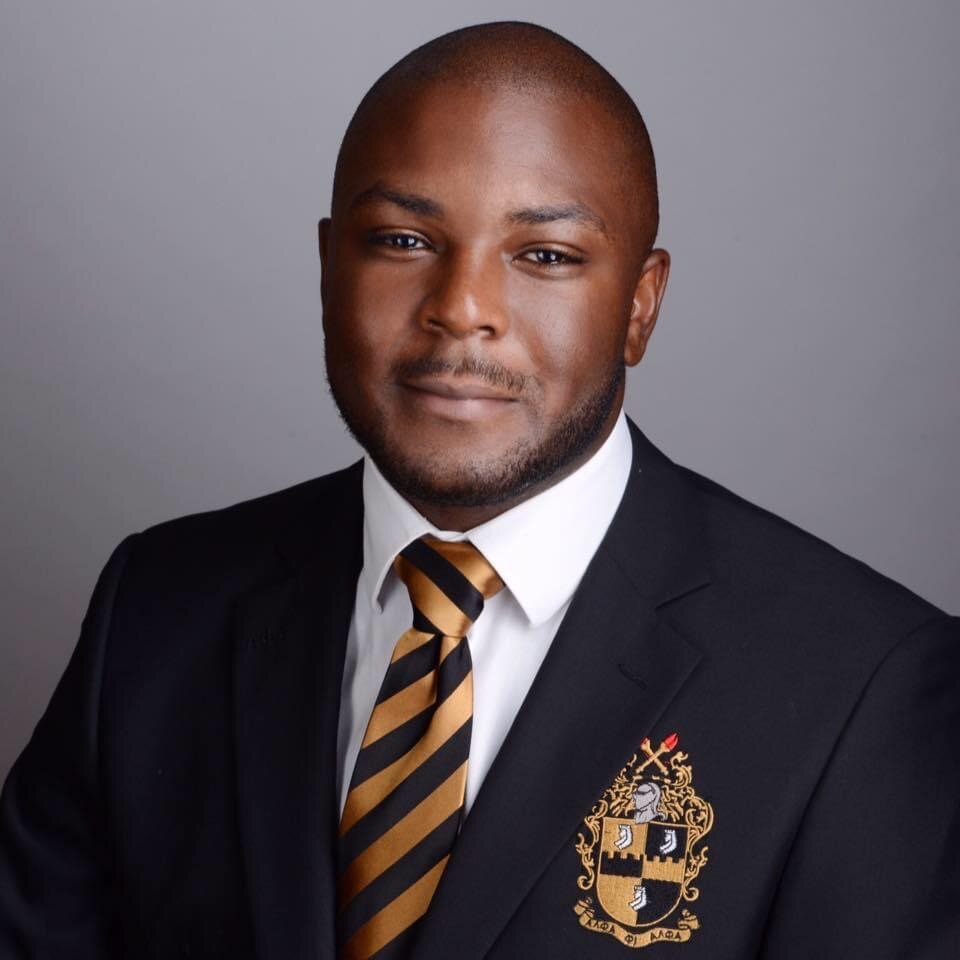OPINION: Is our celebration of MLK Day superficial?
By Byron Elam
Guest columnist
It is easy to love a prophet once they are gone.
The Rev. Dr. Martin Luther King, Jr. has received, in death, just about every high honor that an American can receive. The most notable of those distinctions include a memorial on the National Mall and a federal holiday. His image is on a postage stamp. Countless streets, school, and libraries have been named in his honor. Innumerable memorials and statues bear his image.
However, many fail to remember that on the day King was assassinated he was the “Most Hated Man in America.” A Harris Poll taken in the 1968 records that almost three-quarters of Americans viewed King unfavorably. His widespread disapproval rating was not exclusive to white Americans. And 60% of his own people, African-Americans, viewed him as irrelevant.
If you were alive and conscious during the later years of King’s life, you most likely you had an unfavorable view of the work and philosophy of Dr. King. However, youth does not absolve us. If you were not alive or of conscious age during that time, chances are your parents, grandparents, or great-grandparents were not fans of Martin Luther King.
Even today, most of us would not be in agreement with the work, philosophy, and mission of King if he were still alive (he would be 94 years old). Although, everyone on MLK Day will be posting quotes of King. Politicians of all persuasions will make their way to MLK Day Observances and will dedicate words of laud and honor to Dr. King. However, most of us truly don’t understand King. And if we did, many of us would withhold our quotations and praise.
While we have deified King into the pantheon of American heroes, King spent the last year of his life in a very dark, difficult, and lonely place. Tavis Smiley recalls in his book, Death of a King, that in the last year of his life King was virtually an untouchable. King particularly in that last year became more vocal on issues in this country not exclusive to race. He maintained that America’s “three great evils” were poverty, racism, and militarism.
Almost a year to the very day before he was murdered, he made one of his greatest and most controversial speeches wherein he made his opposition to the Vietnam War abundantly clear. He stated that the U.S. was “the greatest purveyor of violence in the world.” That speech and his subsequent activism on American issues not just involving race alienated him from most people. His White House invitations were canceled. He faced major opposition from fellow Black leaders, including those in his own organization. Even the national board of NAACP passed a resolution opposing King’s activism against the Vietnam War.
We have so deeply sanitized and sterilized his life and legacy that we are unable to truly recognize King in the fullness of who he was. His intellect, ideology, and vision for the world go far beyond interracial hand-holding and the “I Have a Dream” speech. Rather, King possessed a deep critique and opposition to American militarism and capitalism. King was viewed as radical by leaders, both white and Black.
Just a few hours before his death, King phoned his mother, Alberta (who would later be shot and killed in 1974 as she played the organ at Ebenezer Baptist Church) and told her that his next Sunday morning sermon was going to be titled, “Why America May Go to Hell.” He did not live long enough to preach that sermon. King believed America was doomed for hell for its maintenance of an economic system that makes poverty necessary, its handling of issues of race, and its militarism. And only a fundamental shift in our values and the ways in which we have structured our society can provide America’s salvation.
So before you make a social media post about King on his holiday, think deeply as to whether or not you are really in support of his values and commitments. Because you may have some profound disagreements with what King stood for and would have stood for.
If you do not support universal healthcare, then you would not have supported Dr. King. If you do not support a living wage, you would not have supported Dr. King. If you do not support labor unions, then you would not have supported Dr. King. If you do not support the full equality of our LGTBQ siblings, you would not have supported Dr. King. These are just a few of the issues that King would be on the frontlines fighting for if his life had been spared.
Dr. King is calling out to us from the corridors of eternity to stop the superficial honor of his life. Instead, let’s think critically about the issues he cared about and actually do something about them. Let’s pay attention to the truth tellers among us today. Rather than honoring them only once their voices have been silenced by the grave, like we have done to King.
Among the 17,000 pages of King’s FBI files, J. Edgar Hoover tagged King as “the most dangerous man in America.” But King never wielded any weapons of war or violence. The only weapon in his possession was love. Indeed, love is the greatest weapon. Love truly put into action will turn this world upside down or really right side up. Love in every edifice and seat of power, love in our homes and families, love in each of our hearts, love that regards every human being as equally created in the image of their creator will transform this world into the beloved community that King dreamed of and God calls us to.
Byron Elam is a former chairman of the Madison County Democratic Party.






